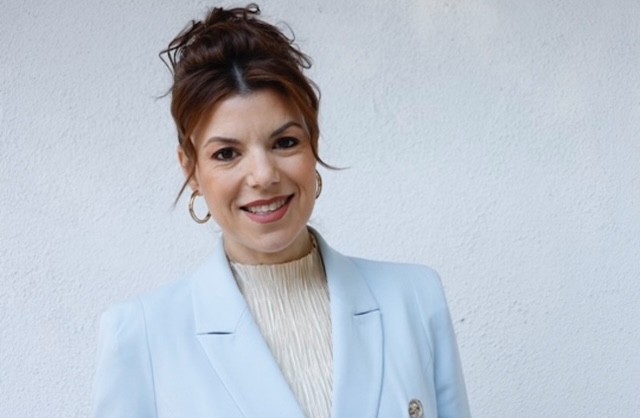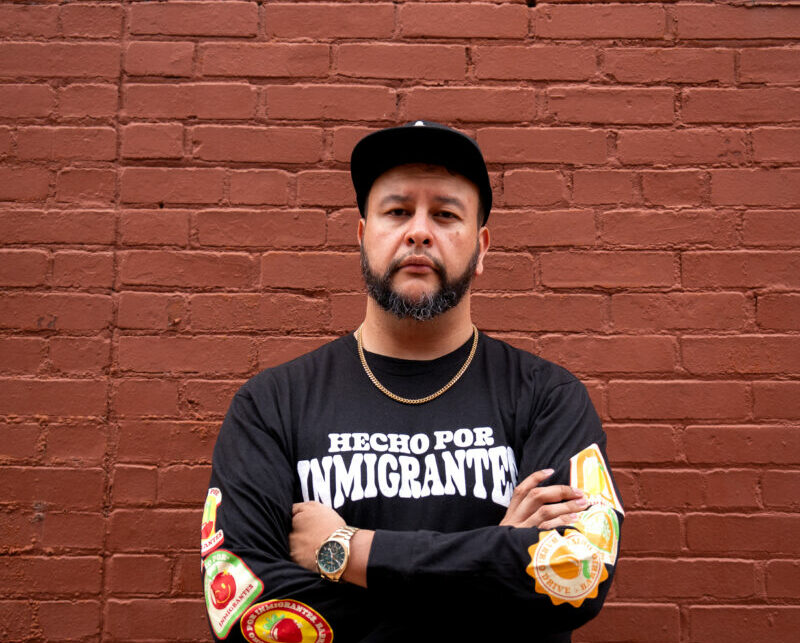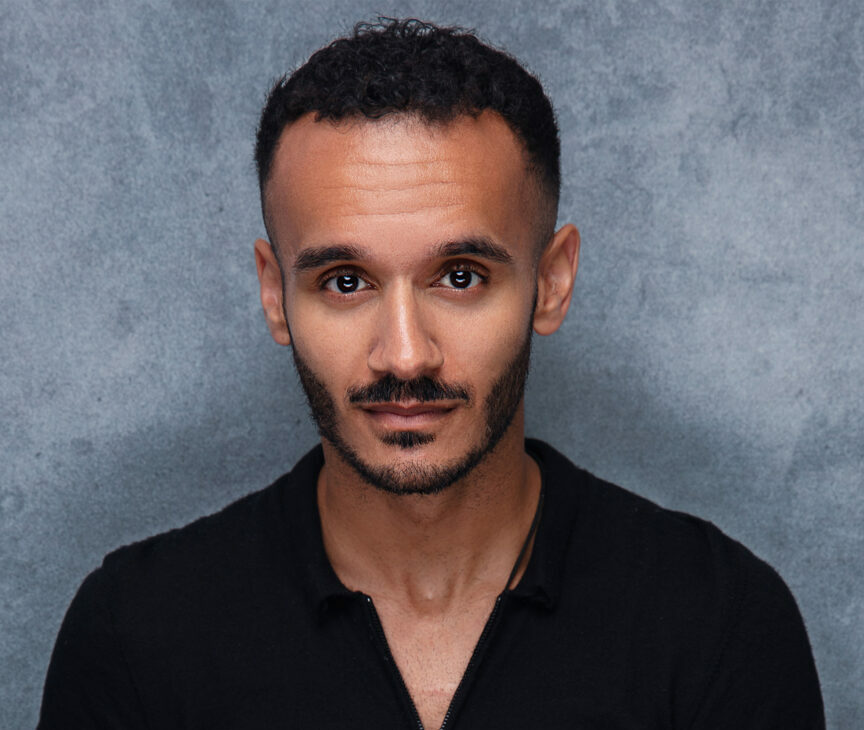This is the year to kick the pesky imposter syndrome to the curb and move forward on your journey towards reaching your full potential. We hope the stories and lessons below will help you overcome self-doubt.
Yi Xiong

I grew up in a very traditional Asian family and received a very traditional Asian-style education, which is a highly competitive system. Asian parents are very accustomed to comparing their children with others, especially those with better academic performance, as a way to motivate their own children. Read more>>
Jane Iskra

Overcoming imposter syndrome is a long journey, but as a photographer with over 15 years of experience, I’ve found some effective ways to manage it. It’s normal to feel like an imposter in a creative field, especially when you’re surrounded by talented peers. Read more>>
Chris Baggett

Overcoming imposter syndrome is a common challenge in the personal training industry. Like many trainers, I’ve often questioned whether I’m good enough or knowledgeable enough to truly help my clients. Read more>>
Mae Monga

I overcome imposter syndrome by detaching myself from the work I do. One of my favorite quotes comes from the Bhagavad Gita, paraphrased in English as “Give up attachment to the fruit of all action.” Read more>>
Mahmoud Hasan

Imposter syndrome has been a challenge I’ve faced at different points in my journey of building my business Rapid Bookings. For me, overcoming imposter syndrome has been about focusing on the value I bring to our clients and the positive impact our services have on their businesses. Read more>>
Andrea Ritten

I grew up in the corporate world, and two years ago took a massive risk to become an entrepreneur. In both, I’ve struggled with imposter syndrome and have had to dig pretty deep to overcome it. I have almost always been in a leadership role, it’s something that feels very natural for me. Read more>>
T.J. Drechsel
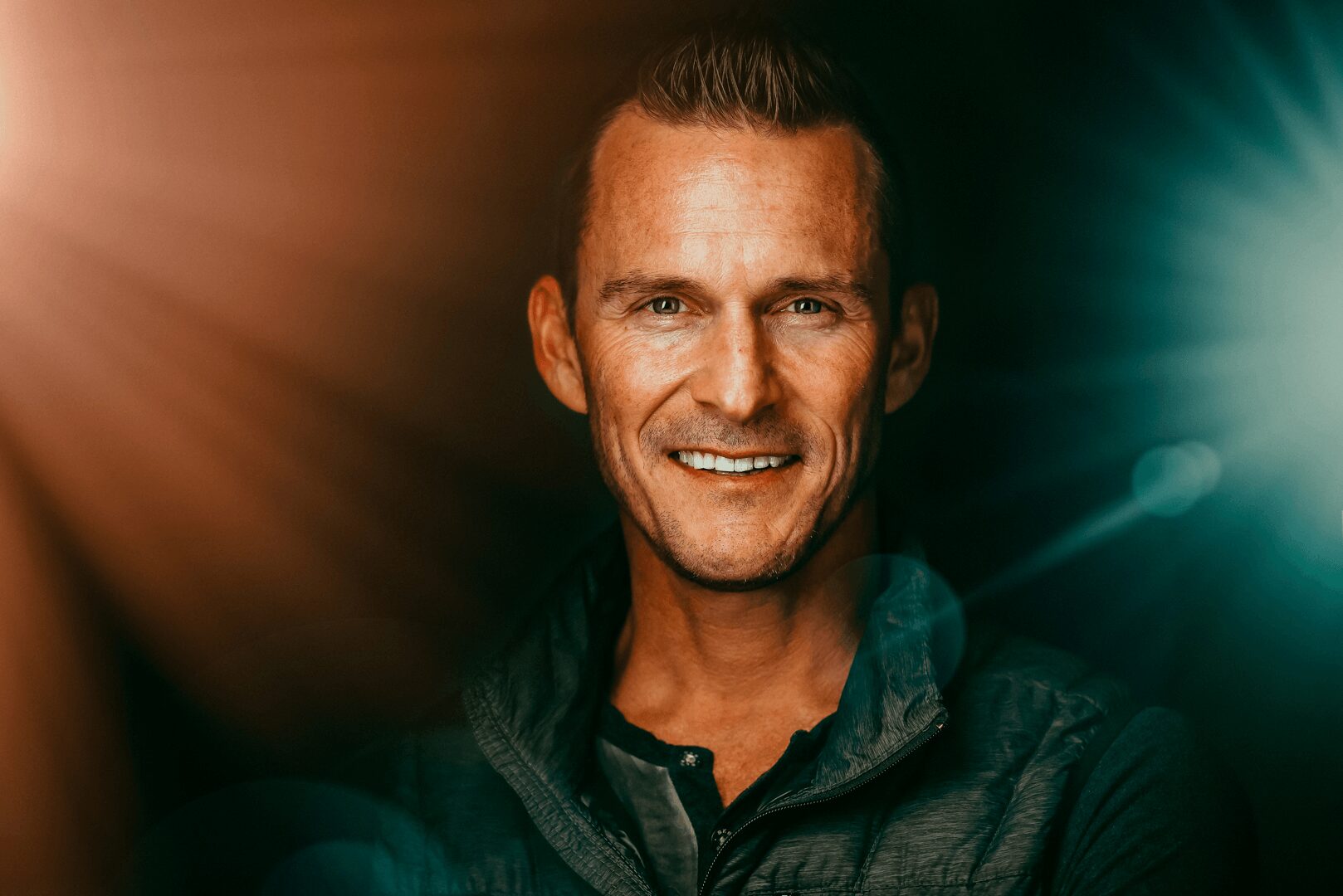
Imposter syndrome is a struggle as creatives develop their talent and vision for their passion. It happens when someone hasn’t fully found their voice in their work and still looks to their competition for direction and inspiration. Read more>>
Hunt Ethridge

While imposter syndrome is something we all struggle with, it was an anecdote about 10 years ago, that helped me re-think it and look at it in a new way. I’ll add it here as I feel paraphrasing it can reduce its potency: “Some years ago, I was lucky enough invited to a gathering of great and good people: artists and scientists, writers and discoverers of things. Read more>>
Jaylin Sutherland

The thing about overcoming imposter syndrome is that the decision is up to you. Once you decide who you identify as whether that be a designer, an artist, a chef, that’s who you are. You are no longer someone who just sews sometimes, draws sometimes, cooks sometimes. Read more>>
Kaylee Kennedy

Overcoming imposter syndrome isn’t necessarily about eliminating it entirely but rather learning to manage and live with it. It’s normal for intrusive thoughts to arise occasionally. Alexi Pappas, an Olympic long-distance runner, uses what she calls the “rule of thirds” to manage expectations and emotions. Read more>>
Abigail Powers
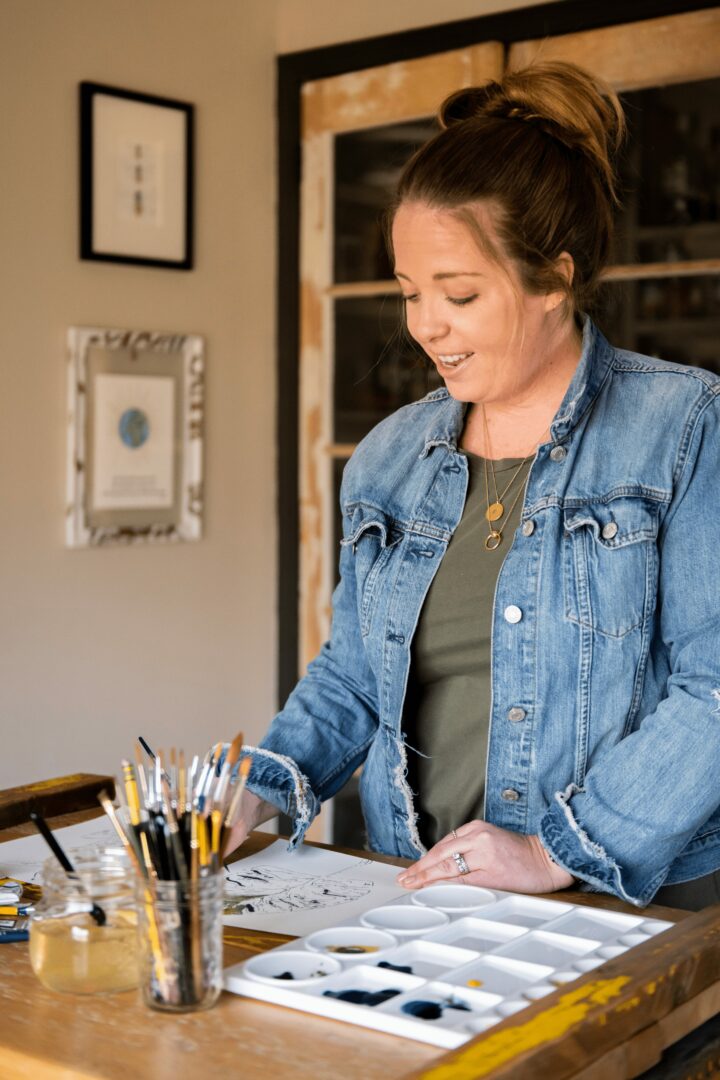
Choosing art as a profession inevitably invites the challenge of imposter syndrome. The field is saturated with accomplished individuals, making the ascent a formidable climb. Initially, I hesitated to proclaim myself a professional artist; articulating it felt like crossing a significant hurdle. Art is an intimate voyage, shared openly with the world—a journey laden with personal and public dimensions. Several factors propelled me past the grip of imposter syndrome. A supportive community, rallying behind my passions and early endeavors, provided crucial encouragement. As I began showcasing my work, perceptions shifted profoundly. Strangers expressed genuine interest in acquiring my creations, showering me with heartfelt praise. Today, I confidently declare myself a full-time artist, secure in the knowledge that I belong. Read more>>
Denice Lastra

When I struggled with imposter syndrome, I developed a newfound awareness by embracing the concept of ‘the chamber of reflection.’ This allowed me to identify the specific situations and scenarios in which those feelings of inadequacy emerged. Through self-reflection, I realized that many of these feelings stemmed from my status as a Deferred Action for Early Childhood Arrived (DACA) in the United States. I had internalized unconscious labels and beliefs from my upbringing that I wasn’t even aware of, which contributed to my feelings of inadequacy. By acknowledging and understanding the root causes of these feelings, I was able to overcome imposter syndrome and develop a greater sense of confidence and self-acceptance. Read more>>
Jami Savage

Imposter syndrome is a real challenge, especially in the digital world where you are inundated with people who are perceived as being more talented and more successful than you. So over the last 10 years I’ve learned a few things about imposter syndrome and how to overcome it: 1. Admit you are an imposter – When you first start something new you are not an expert, nor should you be treated as such. Own where you are in your career journey and honour that. Seek out opportunities that align where you currently are, and take on volunteer roles or low-paying work to help build your skills, confidence, and portfolio. Don’t be scared to put it out to your network (and those that you don’t know) and say, “I’m new here, but I’m keen and I want to learn, can you help” and define what help is. Reach out and ask for a mentor, a coffee date, or a meeting. Ask why you are NOT ready to get the next contract or job, and reverse engineer what you need to do to get you there. Some look at my success and assume it came easy… I figured out where I wanted to go and it took me YEARS to get there, but only because I was honest about my journey and in it for the long run. Read more>>
Gabrielle Reed

Like most people, I have moments where I question myself and get super doubtful. I start wondering if I can do something or if I’m good enough and that snowballs into making assumptions about what will or won’t happen next thing I know I’ve gone down a rabbit whole of what ifs. The thing that helps me overcome those moments is completely focusing on where my feet are planted. I focus solely on what’s happening and where I am at that exact moment. I take a few breaths and tap my feet on the ground and remind myself of the exact facts of the moment I’m in. I speak positively to myself about where I am and why I’m there while constantly reminding myself that “I got this!” I wouldn’t say I’ve completely overcame imposter syndrome but I’m proud of how I handle moments of self doubt. Read more>>
Jake Voorhees

Imposter syndrome is something we all face in our careers. Many people experience this without knowing what it is, or without having much of a relationship with the phrase “imposter syndrome”. But I am sure you can remember a time when someone asked you for help with something, or presented an opportunity, only for your first thought to be, “Well I can’t do that.” Imposter syndrome can impact and stay with us for years. Many people never have it erode away. I first could relate to this blight that professionals experience, even incredible established ones, when I was a TEDx organizer. My teammates and I would meet amazing individuals at conferences, and immediately compliment and try to recruit them to be a future speaker. Read more>>
Ginger Whimsy

Does anyone ever entirely? It still gets me from time to time but you have to realize there will always be someone better than you BUT you are better than someone else. I was feeling some heavy imposter syndrome at my artist residency in France last summer. Through the support of others and my faith I overcame it. Read more>>
Brittany Anderson
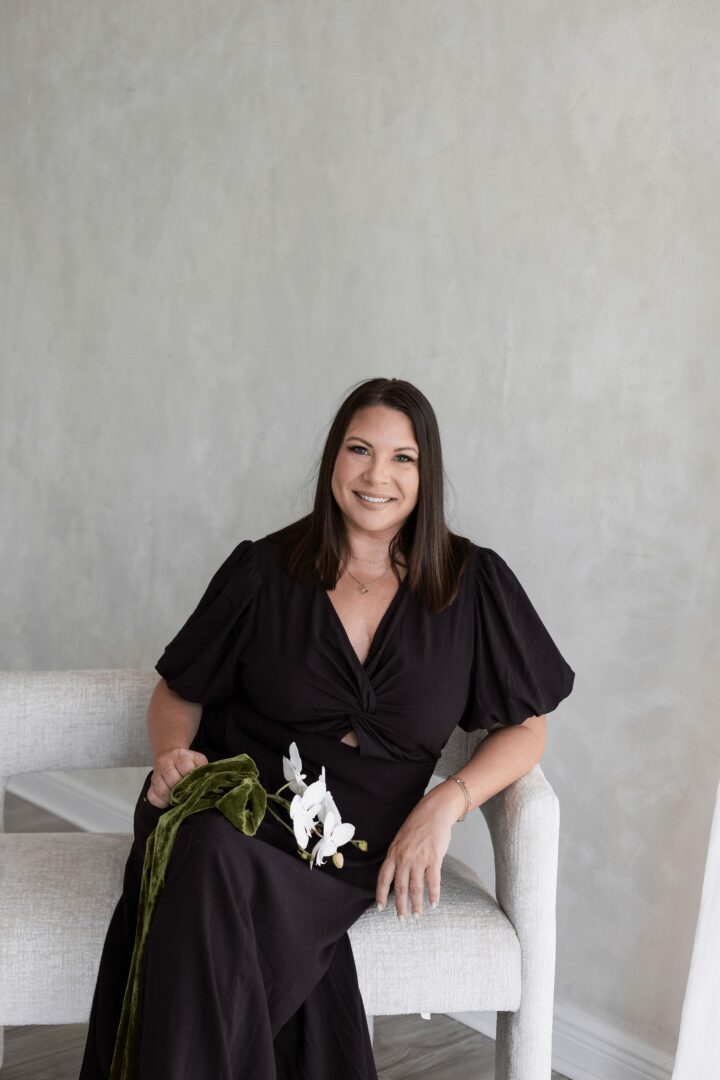
It can certainly be challenging, especially in a creative industry. There is so much talent and inspiration accessible nowadays, or other artists to look up to. Overcoming imposter syndrome is like a muscle you must exercise, but also having a perception of self-awareness. At 40, I’ve lived through a lot of hard lessons, and experiences which have allowed me to have a deep understanding of who I am as a person, understand my values, passions and truly acknowledge the hard work the efforts I’ve put forth to be where I am today. Embrace your worth and your purpose, and trust in a perfect plan for your life. Read more>>
Dame
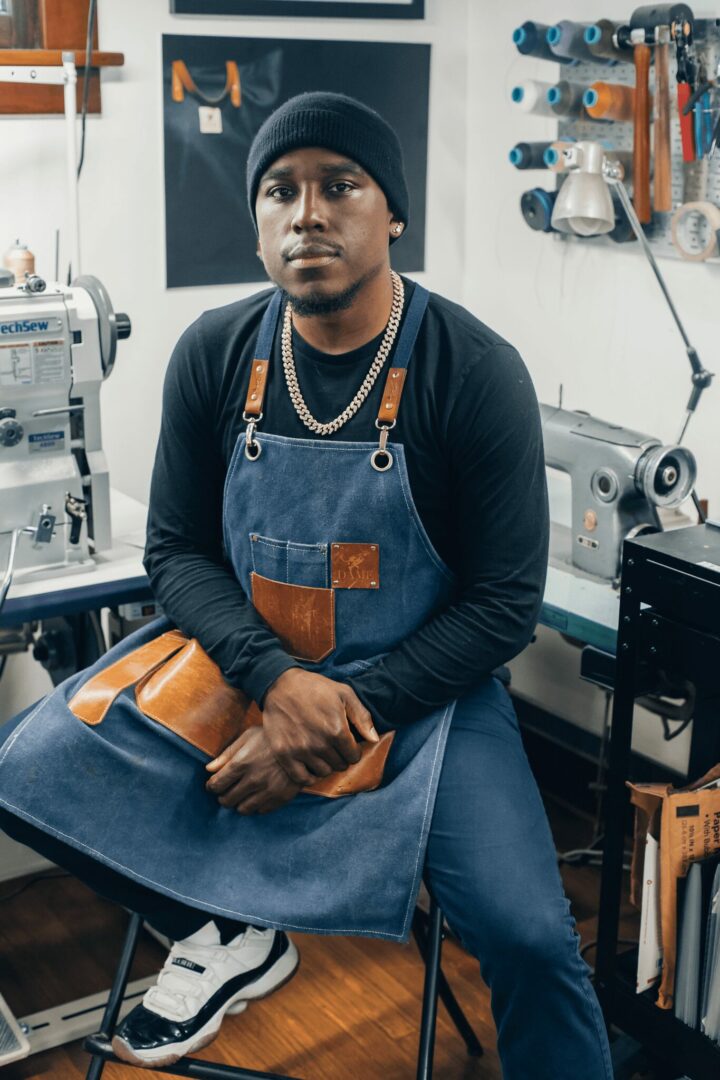
Does anyone ever fully? Years of trial, error, curiosity, and more error helped me mine what felt unadulterated and moved in that. Creating and existing in that purer place brought a level of confidence that still helps balance out those moments of doubt. I also realized not that long ago, getting to a point where the amount of incoming calls and emails matching the consistency of the outgoing ones offered some validation. Plus, the work we’re doing now really focuses on building and celebrating a community that operates in that same confidence, so there’s inspiration and accountability baked into the brand – A steel sharpens steel approach. Read more>>
Johanna McGuire

Imposter syndrome was truly my biggest enemy, and is still something I fight. I denied myself a lot of opportunities because of my own insecurities; not taking gigs because I didn’t think I was good enough, not playing with other people because I felt like I needed to practice more, not recording my own music because I felt like the tune wasn’t perfect. I was afraid of taking the risks, and as a result, I missed out. I told myself that I wasn’t ready, and that I just needed to get better. I felt like people didn’t actually want to work with me, and that I wasn’t a “real musician”. It’s crazy to think about how my worst enemy was myself. Now, I don’t deny myself those opportunities. I remind myself of my accomplishments, and think about how hard I’ve worked to get to where I am. Read more>>
Jasmine Johnson

There have been many times in my life when I was told I was “doing too much,” and this language seeped into my own self-talk, causing me to shrink back and prioritize others’ comfort over my own. Over time, I grew exhausted from metaphorically holding this lampshade over myself. A pivotal moment came when someone I deeply respect said to me, “What if the people around you are not doing enough, and that’s what’s challenging them?” This statement profoundly shifted my thinking. I began asking myself, “What would happen if I showed up as my authentic self in every space and embraced who I was designed to be?” I decided to test this theory, and the results were transformative. Not only did it make others feel more confident and reassured in being themselves, but it also energized me, making me feel more lively, empowered, and impactful. Read more>>
Krista Jenney
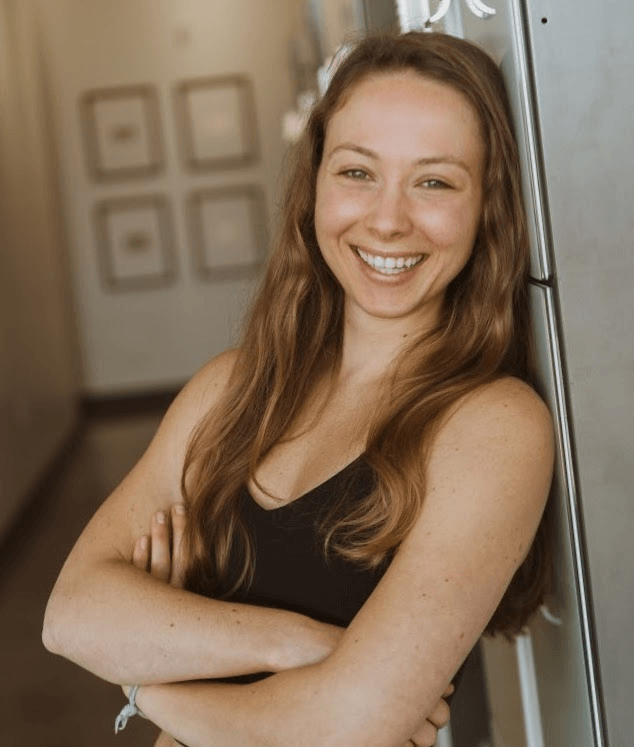
Overcoming imposter syndrome in my journey involved several key steps. Firstly, specializing in pelvic floor physical therapy during my schooling required rigorous training and a deep commitment to learning. This foundational knowledge was crucial, but imposter syndrome often crept in despite my preparation. Having mentors with over 15 years of experience in the field was invaluable. Their guidance and reassurance helped me navigate doubts and gain confidence in my abilities. Continuously challenging myself to learn and grow further solidified my expertise, gradually diminishing feelings of inadequacy. Ultimately, persistence, mentorship, and ongoing education were pivotal in overcoming imposter syndrome and thriving in my specialized field. Read more>>
Jennifer Mead

Imposter Syndrome is something I continually face, but I’ve found ways to manage it. As a designer and artist, I’m always exploring new techniques and ideas, which often brings that imposter feeling. Here’s what helps me: 1. Reflecting on Past Successes: Whenever I doubt myself, I remind myself of my past achievements. Seeing how far I’ve come boosts my confidence and helps me tackle new challenges. 2. Seeking Feedback: I actively seek feedback and support from trusted friends and colleagues. Their honest opinions and encouragement are invaluable. It’s crucial to have people who believe in you and provide constructive criticism. 3. Sharing My Work: Sharing my designs and ideas, even when they’re not perfect, has been a game-changer. It takes the pressure off and turns my ideas into tangible realities. Early in my career, this was scary, but now I see it as an opportunity to make my work better. 4. Embracing Constructive Criticism: Not all feedback is positive, and that’s okay. Constructive criticism helps me improve and refine my work. It shifts my focus from questioning my worth to enhancing my skills or from questioning the worth of the whole design to focusing on the pieces that still need work. Read more>>
Ashley McCubbins
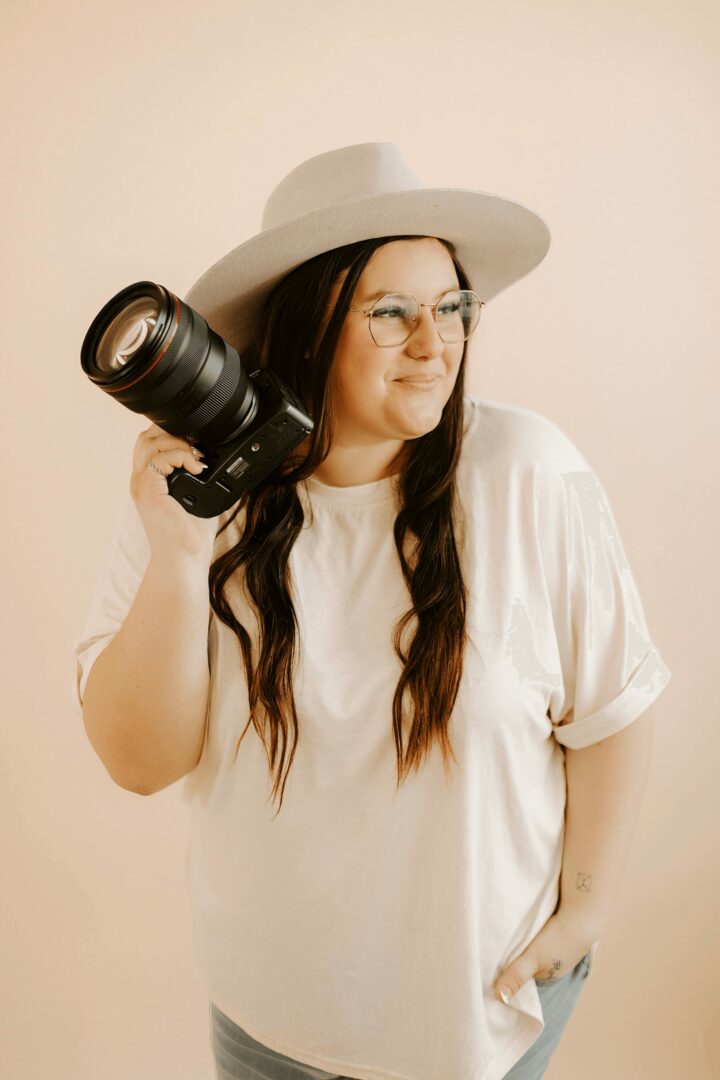
As a couples and wedding photographer, overcoming imposter syndrome has been a significant journey for me. One of the key steps I’ve taken is to acknowledge my achievements. I maintain a portfolio of my best work and regularly review the positive feedback from clients. This practice helps me see the real impact I’ve had and serves as a reminder of my skills and successes!Setting realistic goals has been another important strategy. I break down long-term goals into smaller, achievable tasks and celebrate the small wins along the way. This approach has helped build my confidence and keep me motivated Additionally, building a support network by connecting with other photographers and professionals in the industry has been crucial. Sharing experiences and challenges with peers who understand my field has been incredibly reassuring! Read more>>
Daria` Hammond

I believe the real question is: How am I overcoming “imposter syndrome?” I’ve come to realize that imposter syndrome is an ongoing thing for all of us. It tries to sneak up when you least expect it and can affect motherhood, marriage, your corporate job, business, and craft. I hate it! Imposter syndrome is like that ex who keeps texting you and won’t leave you alone when things are going well. But I realized that knowing my identity and the “why” for why I am on this earth helps me to face it. A huge part of my purpose is helping others in mental health and wellbeing. I’ve seen so many creatives struggle and live a life of “lack,” which includes myself. I’m not trying to be a superhero, but if I were to let imposter syndrome win, lives could be lost. Countless individuals are out there depending on my story, my voice, and my confidence. This is the unwavering drive I need to stand tall against imposter syndrome. Read more>>
Coralie Saint-Louis
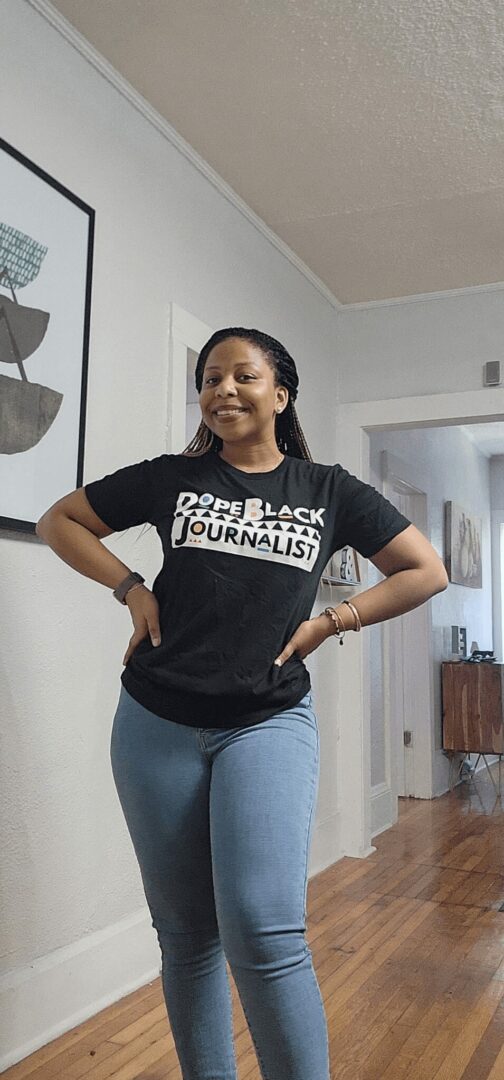
Right around the time I launched Enpak, I attended a summit in California where I was around a bunch of accomplished women in their fields. One panelist particularly resonated with me, after her session, I approached her and asked her how she overcame imposter syndrome. She smiled and said, “You have to believe you belong there.” I wholeheartedly agree because until you accept that you belong in spaces, you will constantly make yourself feel like an outsider. I’ve carried her advice with me ever since. Each time I enter a room where I used to feel out of place, I remind myself of her words. After years of grappling with imposter syndrome and feeling like my presence in certain spaces was questioned, embracing this mindset has been transformative. Essentially, overcoming imposter syndrome starts with telling yourself that yes, you are right where you belong. Read more>>
Gigi Diggs
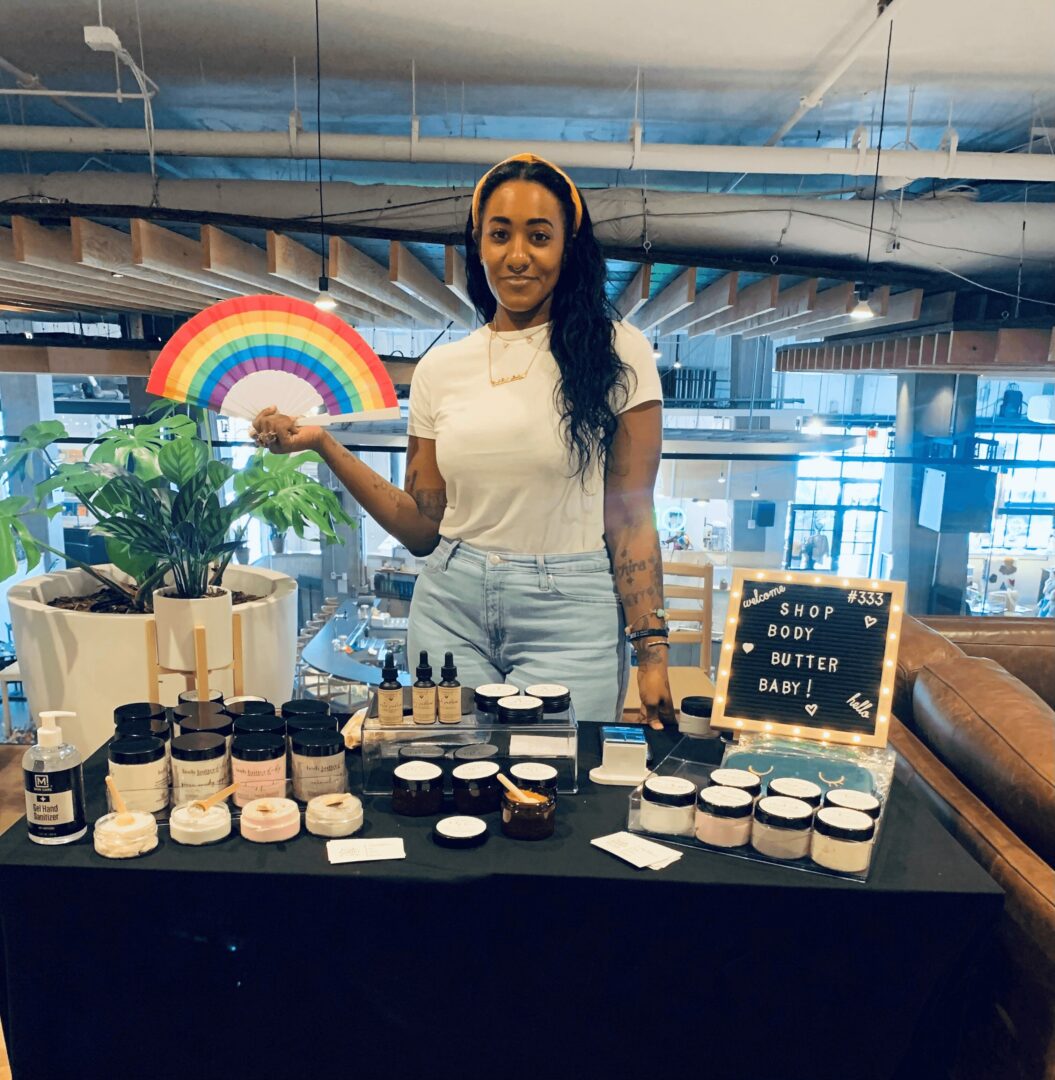
Overcoming imposter syndrome was definitely hard in the beginning. I would often compare myself, my business, and my products to everyone else’s because I thought it was a competition. Once I realized that it was really just me spreading my love and knowledge of self-care with others, it got a little easier to exist in this space. The main thing that helped me and has continued to help me overcome imposter syndrome is my support system and my amazing customers. Have a support system, even if it’s just one other person, is so key! I’m big on affirmations so getting feedback from my customers, literally from day one, has boosted my confidence and has just allowed me to know that no matter how big or small my business might seem, it’s touched and resonated with so many people. Read more>>
Pari Jay

Imposter syndrome has been a significant hurdle in my journey as a content creator. Early on, I constantly doubted my abilities and questioned whether I deserved the recognition I was getting. What helped me the most was connecting with other creatives in the community. Hearing their stories and struggles made me realize that these feelings are quite common, and even the most successful individuals experience them. I also began to focus on the value I provide to my audience rather than comparing myself to others. Each piece of content I create is a reflection of my unique perspective, whether it’s in beauty, travel, or gaming. Reminding myself of my strengths and the positive impact my work has had on others helped me build confidence. Read more>>
Dr. Vicki Zifteh
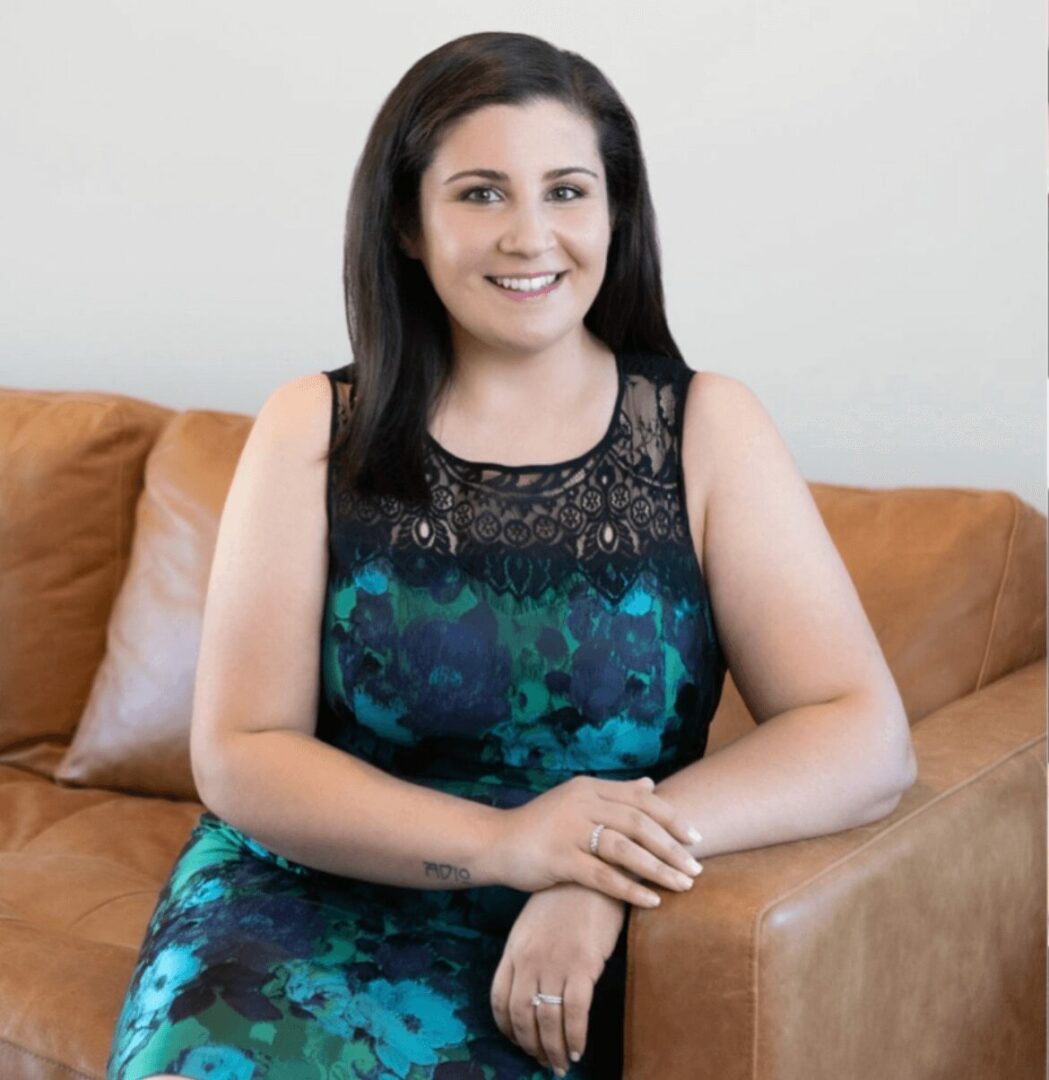
I went through a career change in my mid-twenties that was exciting yet terrifying. I felt like I had gotten off track and fallen behind where I “should have been.” When I graduated from chiropractic college, I was so excited but it still did not feel real. It was not until I started seeing the amazing results that my patients were reporting that I realized I had this amazing ability to help people change their lives. Read more>>
Gina Hughes

When it comes to starting something new, most people experience a healthy dose of imposter syndrome; what helped me overcome it was understanding that my new business was just a fresh take on my seasoned area of expertise: teaching. I very distinctly remember speaking with my mentor on the phone shortly after finishing yoga teacher training and opening my new business. “I just feel so…NEW in all of this,” I told her. “Gina,” she said, “You’re not new. You’ve been teaching people for over a decade. This is just a new flavor of what you’ve always done. Stop saying that you’re ‘new’.” Long before I started Invitation Yoga & Events, I was an educator. After earning my bachelor’s degree in education, I went on to teach in charter, public, and homeschool settings. This part of my career required me to develop skills in setting student objectives, lesson planning, providing clear verbal instructions, and working with students to address areas of difficulty. Read more>>
Scott Siracusano
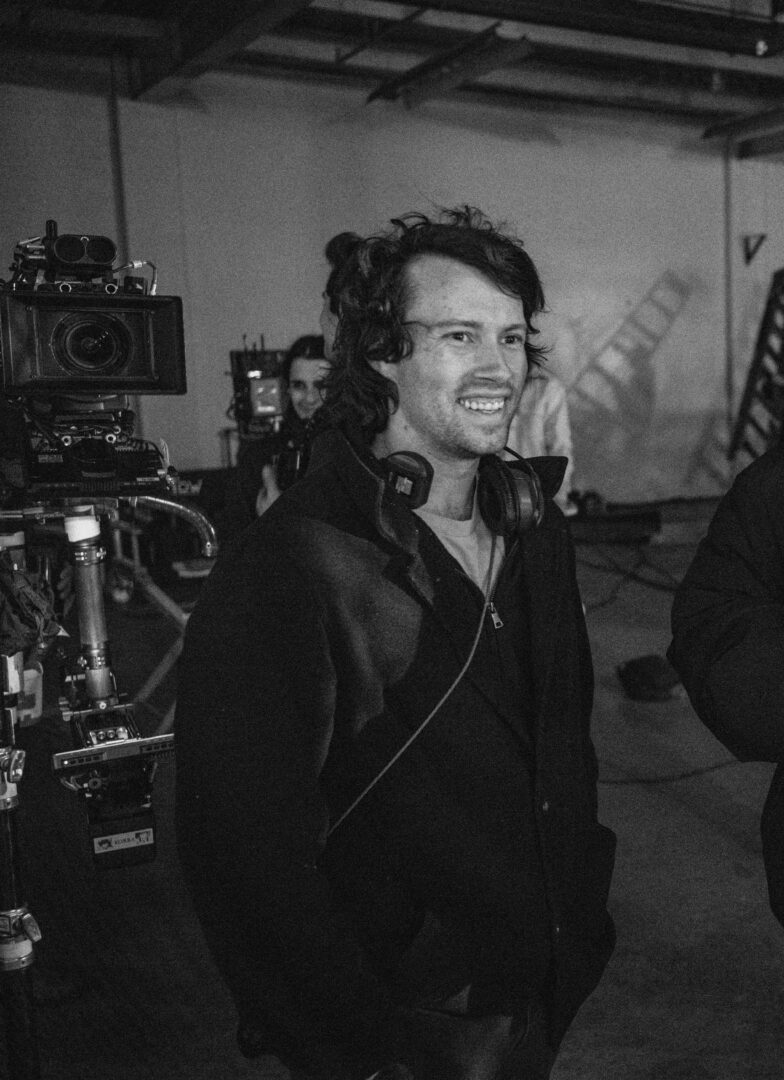
A friend of mine once said “competition is healthy, but comparison is toxic.” Those words have stuck with me throughout the years as an anchor. The modern world makes it nearly impossible to not continuously compare oneself to others. When work is slow, it’s easy to fall into the slippery slope of imposter syndrome. The truth of the matter is that if you’re constantly trying to emulate the journey of others, it’s inevitable that you won’t feel the subconscious sting of being an imposter. Forge your own path and understand that every single person within your respective industry is climbing a metaphorical ladder. No matter where you are in your career you’ll always be looking up at the next rung – so make sure to take the time to look down and see how far up that you’ve made it. Read more>>
Katie Allen

Valuing my curiosity and positioning myself as a life-long learning has allowed me to reframe the idea of “imposter syndrome”, which is usually an unpleasant psychological experience for most people. I find feeling like an “imposter” is not something to overcome, but something to analyze. Really allowing yourself to explore the feeling will lead you to what the underlying issue really is. You’re not an imposter, but you might be inexperienced – which is where everyone begins. Position yourself as an enthusiastic learner, someone whose primary gain is to grow authentically into the unique person they’re meant to become. Read more>>
shelby June

I overcame imposter syndrome, simply by trusting the process. It’s easy for everyone to judge and question the authenticity and skill level for their creative career. In order to be successful you have to roll with the punches. You need to give your career 110%, this separates you from the serious and not so serious. Everyone can chase a dream, but only the real ones will see what they do and don’t like from their work and continue to grow and grow. You need to see whats beyond the finish line, and never stop perusing the dream. Read more>>
Allison Spooner
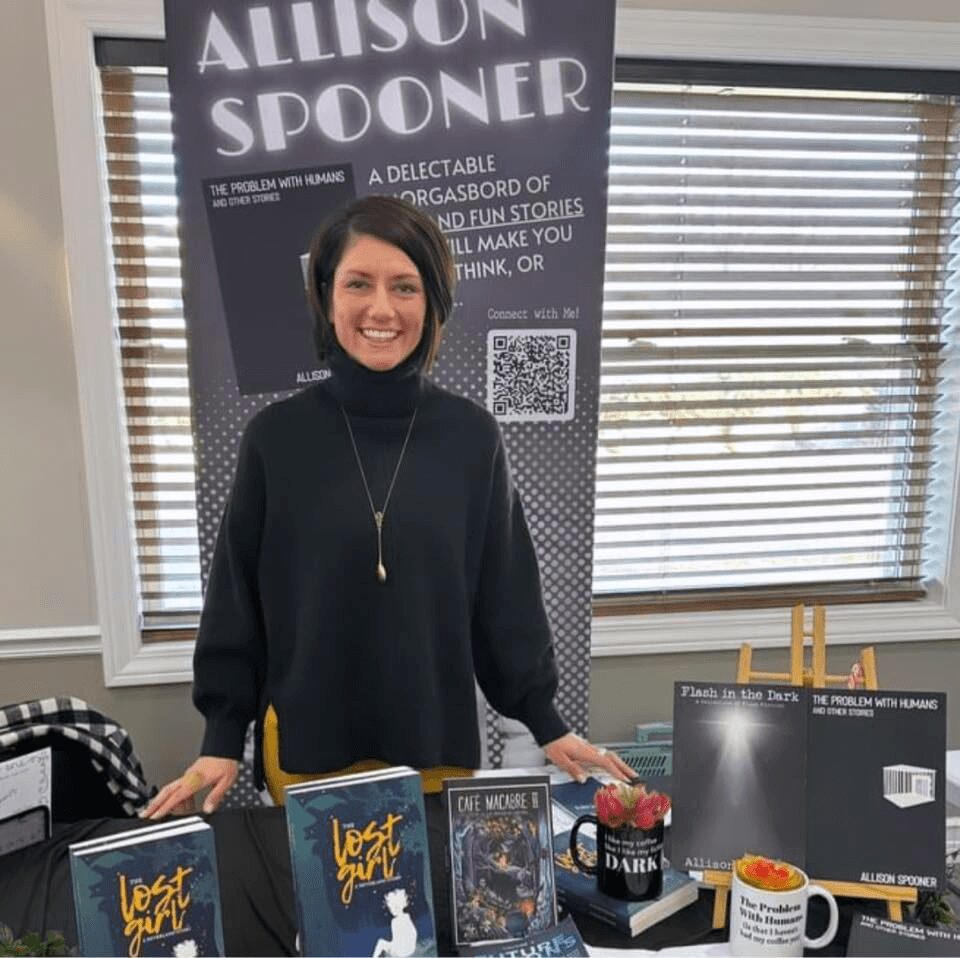
While I haven’t completely overcome imposter syndrome, I don’t think anyone ever truly does, I have found a way to counteract it. Instead of referring to it as a syndrome-a characteristic combination of opinions, emotions, or behaviors (ew!)-I refer to it as imposter tendencies. When we say we have imposter syndrome, we are owning it. We are giving it power over us. When we say, “I have the tendency to feel like an imposter, but I’m not,” we take back the power. I don’t own it. I don’t say I HAVE imposter syndrome. I don’t make it a characteristic of myself. I just sometimes feel like an imposter, and that’s ok, we all do. Read more>>
Robert Hanna

Overcoming imposter syndrome is actually like watering a garden, it’s not something you just do once and then it’s done — over my career it’s something I’ve run into frequently and I have to constantly remind myself to trust the process and trust my work, and everything will fall into place. My best advice is just to know that likely the overwhelming majority of creatives out there face imposter syndrome constantly. Read more>>
Joyce (Jiao) Jiao

Growing up in an East Asian household with strict, high-standard parents, overcoming imposter syndrome became a significant part of my life. If you’re struggling with it, here’s a piece of advice: remember that it’s very dangerous and unhealthy to sink into a “toxic perfectionist” mindset. Read more>>
Grant Cooley

Honestly, there is no way around the feeling of being an imposter than to just do the work. All, or most, of the insecurities drift away when you take any negative energy and focus it into doing your best work every time. Earlier on in my career I would grow anxious at juried shows or exhibits wondering how my work would be received. Did it compare to my peers? Did I belong in the room? I would habitually mistake sales (or lack thereof) for the validation process and would inevitably ride the highs and lows of results that had nothing to do with the quality of the work. Read more>>
Orla Ananda
I didn’t! I dont think it ever goes away, at any stage of your career. I just made peace with it, made it my friend and now we get alone. I think if you look at imposter syndrom as something motivating, a force to get better, it can work in your favor. I always try to learn something new, challening myself with hrader projects, new creative ideas. My imposter syndorm will always be there, I might as well get something great out of it. Read more>>
Jeanice Durrah
I believe that overcoming imposter syndrome isn’t a one-time occurrence. We daily have to choose to defeat and silence the thoughts that tell us we don’t deserve the recognition, awards, or the seat in the room. There are many times when I don’t feel worthy to motivate or encourage others, but that’s not true. To overcome these thoughts, I feed myself daily the truth that I know comes from a solid foundation: God’s truth. God’s truth teaches me to “set my thoughts on things that are true, honorable, and noble.” For example, when I feel like I’m not enough or I’m not qualified for the purpose on my life, I set my thoughts not on those lies but on what God says. Read more>>



